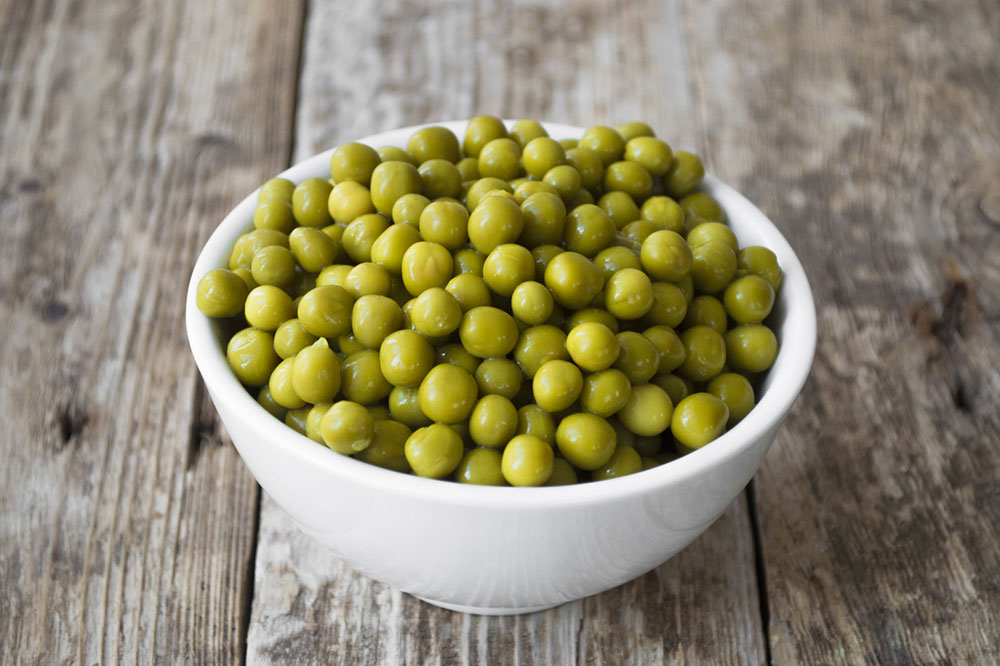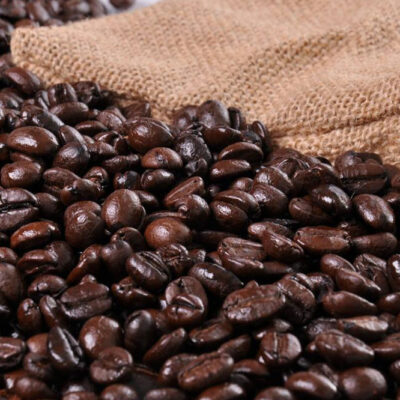
Foods to Eat and Avoid with COPD
One can achieve good health by keeping a check on the food they are consuming through a balanced diet. People are often surprised when they learn how their eating habits affect their overall health. The human body uses food as fuel for all its activities, and breathing is one of them. A balanced diet, with all the necessary nutrients, can do more good than you know. For individuals diagnosed with chronic obstructive pulmonary disease (COPD), several treatment options are available to manage symptoms and improve lung function. Medications like Spiriva Respimat, Stiolto Respimat, and Combivent Respimat are commonly prescribed to alleviate symptoms such as shortness of breath and bronchospasms. Spiriva Respimat contains tiotropium, which is a long-acting anticholinergic bronchodilator, while Stiolto Respimat combines tiotropium with olodaterol, a long-acting beta2-adrenergic agonist. Combivent Respimat, on the other hand, combines ipratropium and albuterol, offering a dual-action bronchodilation effect. Additionally, HandiHaler is a device used for the administration of medications like tiotropium in a dry powder form. The choice of treatment depends on individual factors such as the severity of COPD and the patient’s response to specific medications, with healthcare professionals tailoring therapy to optimize respiratory function and enhance overall quality of life. Regular consultation with a healthcare provider is essential to monitor progress and adjust treatment as needed.
To make things easier for you, here is a list of foods to eat and avoid for COPD patients.
- Whole grains
Opt for high-fiber foods made with whole grains over refined carbohydrates. The more carbs you consume, the more you stress your lungs. Consuming a high carb diet increases carbon dioxide production. Include whole wheat, quinoa, millet, rolled oats, rye, buckwheat, bulgar wheat, barley, and corn in your diet. - Milk products
People suffering from this condition should consume about 3,300 calories a day. This includes five servings of milk or milk products. However, use low-fat milk so that you get the essential nutrients. Foods like yogurt, cottage cheese, and cheese can be consumed. - Healthy fats
Make sure to always include healthy fats in your diet. Instead of saturated animal fats or hydrogenated fats, opt for omega-3 fatty acids and poly and mono-unsaturated fats. You can have nuts, olive oil, and avocados. - Fruits and vegetables
Fruits and vegetables must be included in the list of foods to eat and avoid for COPD patients. Fruits and vegetables are loaded with essential nutrients. They also have inflammation-fighting antioxidants. It has been proven that antioxidants and phytochemicals protect the lungs and lower COPD related risks. Fruits, such as pears, citrus fruits, cherries, pineapples, and grapes, can be consumed at least twice a day. Steam vegetables and make a quick salad with the desired seasonings and dressings. - Beans
Beans, peas, and other legumes are high in fiber and contain zinc, which is a necessary mineral in the COPD diet. Zinc should be consumed in moderate quantities, as it helps relieve the symptoms of COPD. Boil them and consume them in salads and soups if you don’t like consuming them plain. - Nuts
Nuts with healthy fats can help you maintain a normal Body Mass Index (BMI). Nuts can be consumed for breakfast or as a snack.
Keeping a check on the foods to eat and avoid for COPD patients, is essential, especially foods that can increase the severity of the symptoms. Avoid consuming excess salt, as it causes water retention, which may affect your ability to breathe. Avoid foods that cause bloating, such as cauliflower and Brussel sprouts. Also, avoid fried or greasy foods, as it may cause gas and indigestion. Caffeinated drinks, including tea, coffee, and sodas, should be avoided or taken in moderation.
A healthy diet will help you attain a healthy body and cope with COPD easily. One can stay fit by learning about the foods to eat and avoid for COPD patients.


